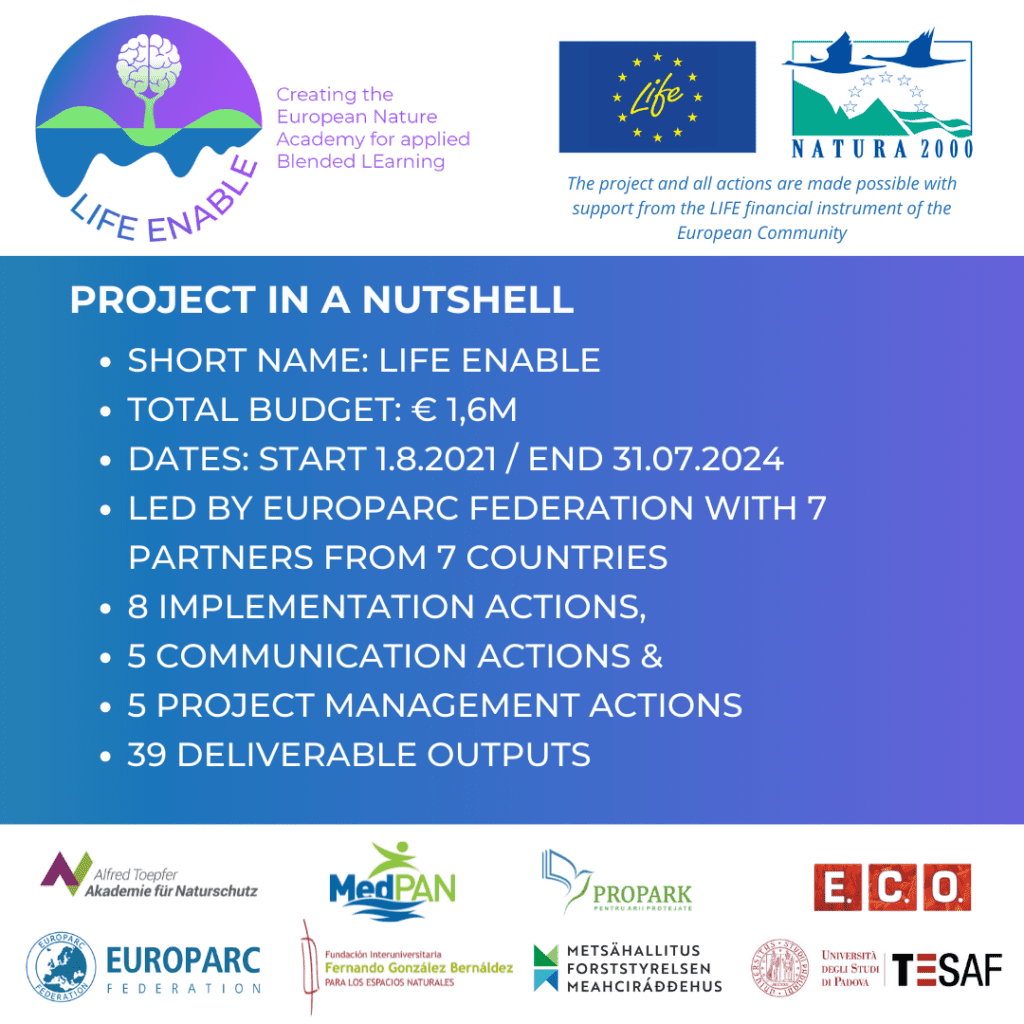“There is no [nature] conservation without people, without public support!”
Martina Hervat, a marine biologist from Brijuni National Park in Croatia, participated in one of the courses delivered by LIFEeNatura2000.edu project. In a short interview, she shared her experiences and the positive impacts this project has had on her career development.
Watch the full interview with Martina Hervat
Brijuni National Park
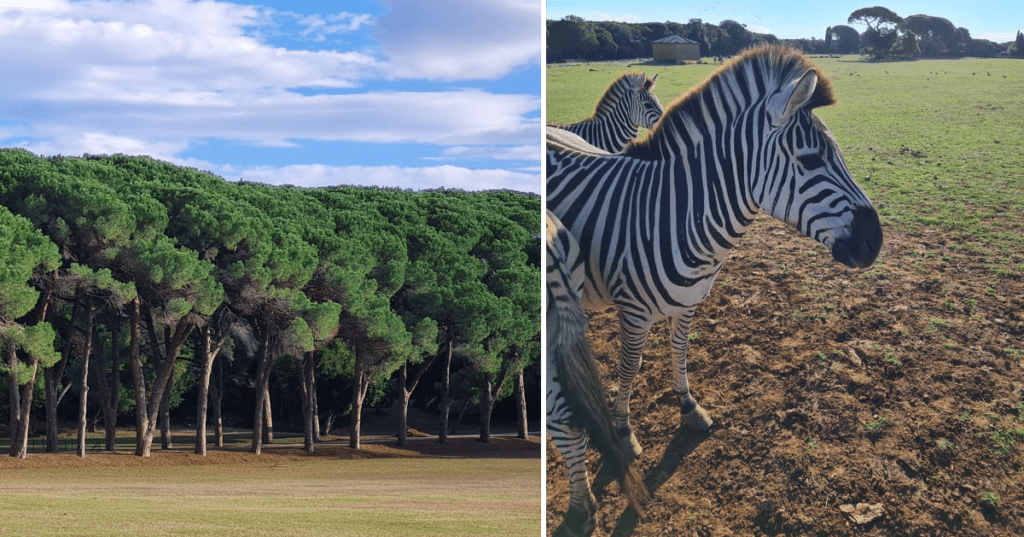
NP Brijuni, Photo: Tonko Bogovac
The Brijuni islands are one of the 8 national parks in the Republic of Croatia. The total surface area of the Park is around 3,395.00 ha almost 80% of which is the sea. In 2021, the Brijuni was awarded an international Blue Park award, from Marine Conservation Institute in Seattle, which recognises outstanding marine protected areas.
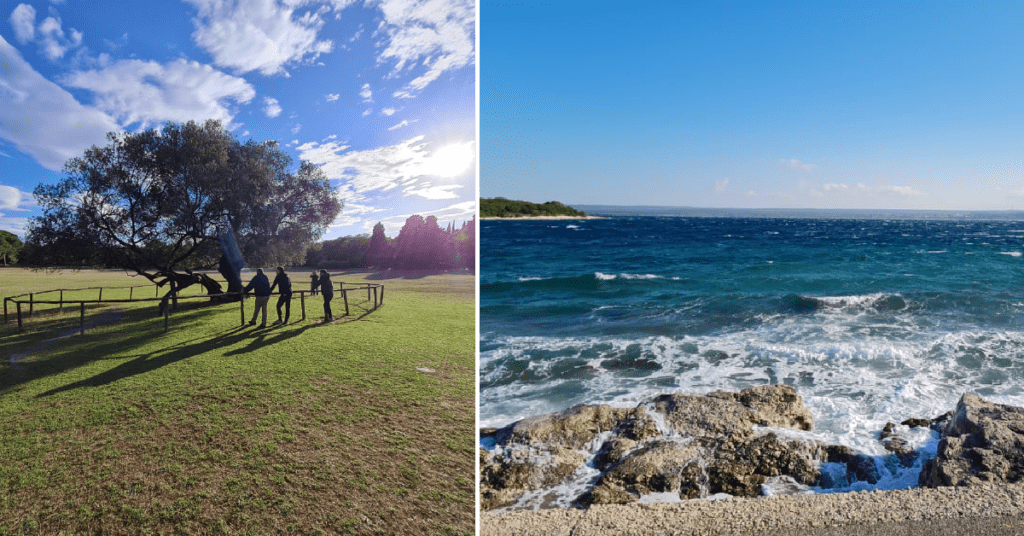
NP Brijuni, Photo: Tonko Bogovac
Joining LIFE.edu project
In 2020, LIFE.edu ran three courses:
- Applied conservation biology;
- Building alliances for Natura 2000 management and
- Competent Inclusive Communication.
They were created to develop the specific skills, knowledge, and attitudes required by Natura 2000 managers and Protected Area professionals and help them in their work. We wanted to hear why Martina decided to join the Communication course and how she heard about the project in the first place:
— Social media! I really like following the pages that are original and interesting, so I followed and saw the invitation to participate which was open to everyone. For me, it was interesting that the program was well-structured and that even before COVID-19, it was emphasised that it will be online.
Something that made this course particularly appealing for Martina was its interactive dimension:
— As emphasised in the invitation it was practical – not a passive webinar that we listened to, but they wanted to engage us, include us from the very beginning,
The course, as Martina states, exceeded her expectations because it helped her discover new job opportunities and make new friends:
— I met wonderful people during the project, and I am currently working with a colleague on the preparation of an international project… So the course truly opened the doors to new adventures.
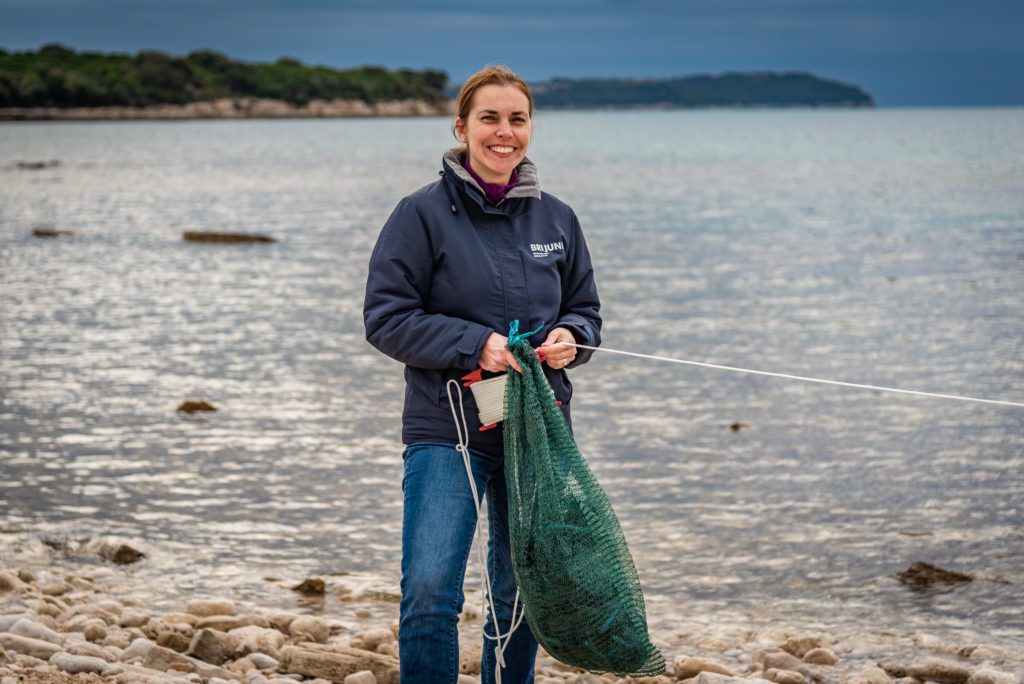
Martina Hervat, NP Brijuni Photo: Nataša Sundara
Martina’s project applying for the Interreg Central EUROPE funding programme focuses on the Management and Restoration of Tiny Areas of Conservation Importance. It gathers 9 institutions from Croatia, Slovenia, Austria, and Slovakia.
Many of the skills obtained during the LIFE.edu course, helped her during the project preparation, and she believes these types of courses are very useful for Nature Professionals:
Whatever we do, we need communication skills, advocacy, conflict resolution, better explanations. We can be experts in our fields like biology, economics… but what our education does not prepare us for is communicating.
— Somehow I thought that my job would be diving, recording, working on conservation, but there is no [nature] conservation without people, without public support—because of the funds but also because of the implementation, and that is not our strong suit. Sometimes we do not know what to do.
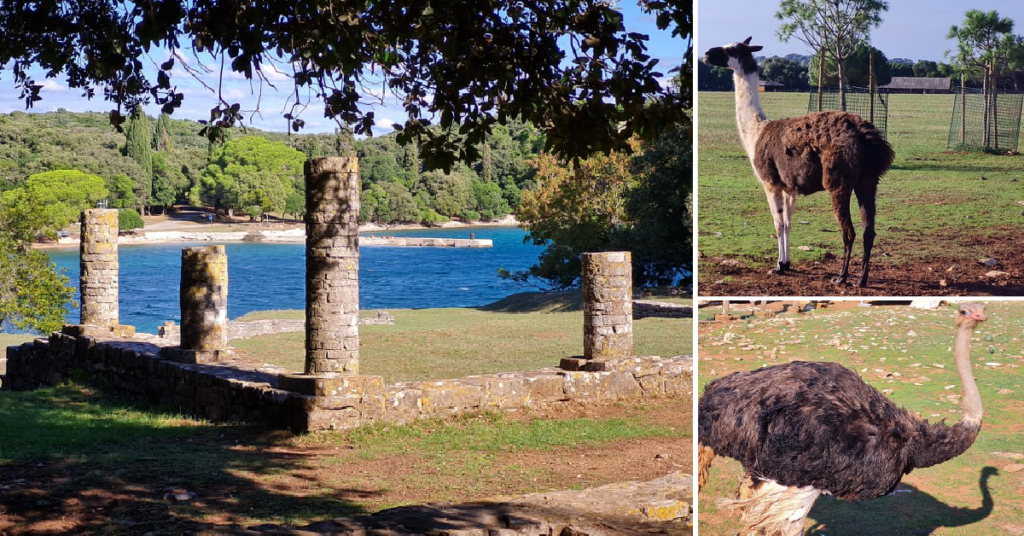
NP Brijuni, Photo: Tonko Bogovac
— It is nice when consensus exists from the beginning when there is support, but what to do when we do not understand each other and then everyone pulls to their side, everyone thinks they are right and is not willing to listen to others, so it gets to: “Who will be louder?; Who will get to speak first?”. In order to be able to solve something together, we must hear, listen to and understand each other. And it’s not about who will win, but maybe it’s a solution we haven’t even thought about in the beginning, but we have to come to it together.
— That is why these courses are really useful, since they give us those skills that we lack from our background and our education and give us confidence, so we can get out of our comfort zone because we are all different. It’s not that we all feel comfortable talking in front of a large audience, we’re not comfortable when someone raises their voice and says: “I don’t agree; I won’t offer support; We won’t protect it; I have my rights; This is mine!”. Then we don’t know how to react, whether to get into discussions or withdraw, but the basis of it all is listening.
— This course was really wonderful because we heard the experiences of other colleagues, and each of us faces our own challenges through work. The course was very well-thought-out with excellent and professional trainers, and they are people who work with stakeholders and managers on a daily basis, and it is a great value of this course and a big plus.
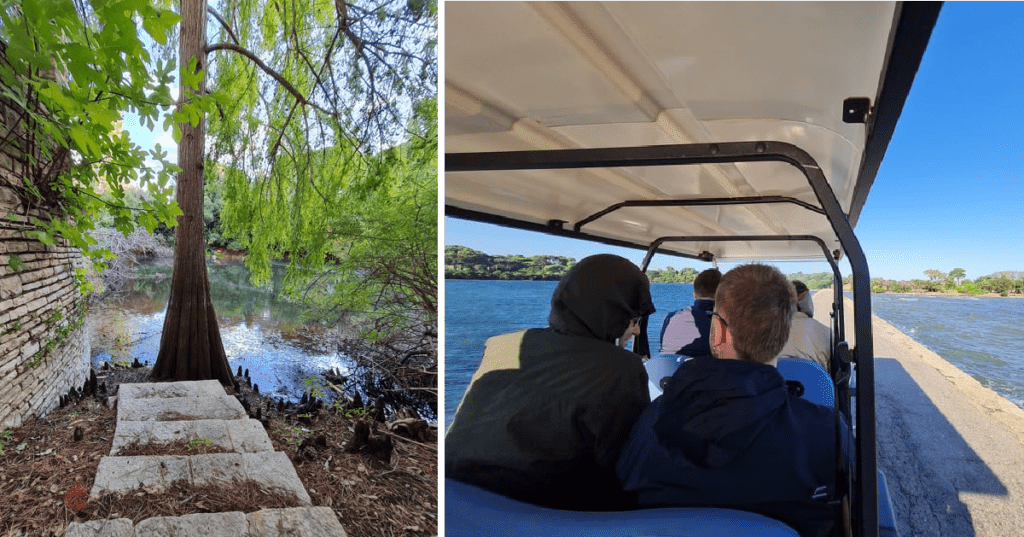
NP Brijuni, Photo: Tonko Bogovac
Top 5 tips for Nature Managers:
According to Martina, the following tips are important for everyone working with Nature:
- Whatever we do, we need to invest in communication and set aside time and be patient. Investments should be made in improving knowledge in various fields.
- Today’s nature protection requires a multidisciplinary approach, getting out of the comfort zone.
- Let us not hesitate to ask for help.
- An honest approach opens many doors to new insights.
- Let’s try to take the time to be in nature, so we don’t lose sight of why we embarked on this adventure. It is crucial that we sometimes relax, reset because it gives us the energy to be able to move on.
Capacity building for Nature Professionals
We are continuing our journey through the LIFE ENABLE project. It will create the European training system called the European Nature Academy—the academy will be home to a range of practical courses and tailor-made learning activities, designed to help Natura 2000 & Protected Area managers in their work. A combination of face-to-face, and online possibilities will help Natura 2000 and Protected Area managers be more effective, competent and confident nature management professionals.
This interview is also available as a podcast episode.
